Hypertension and Diet: How Plant-Based Eating Can Make a Difference
High blood pressure isn’t a life sentence—it’s a lifestyle choice.
And guess what? You’ve got the power to flip the script.
It starts silent. No symptoms, no warnings—just pressure building with every bite.
But today, you start taking the pressure off—naturally, with every plate.
What is Hypertension really?
Hypertension, or high blood pressure, is exactly what it sounds like, blood pressure that stays too high for too long. If your Blood Pressure readings are consistently over 140/90 mmHg, you officially have hypertension.
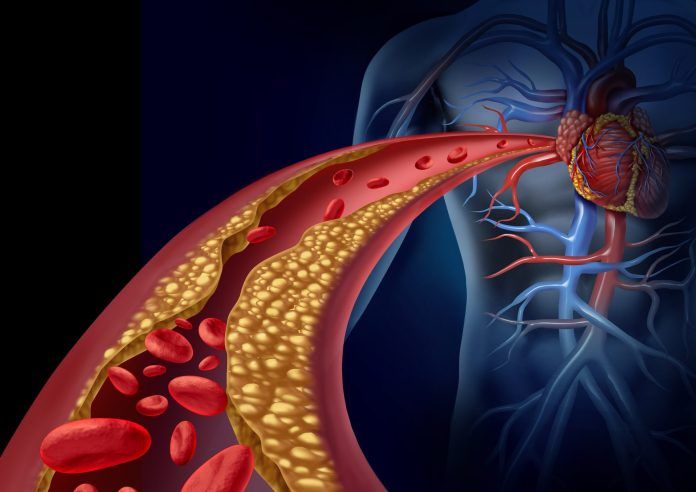
What does that mean?
Well, once hypertension shows up, it brings heart failure, strokes, and heart attacks along for the ride. And here’s the thing as we age, our blood pressure naturally creeps up, making it even more dangerous if left unchecked.
A quick breakdown of blood pressure numbers:
✔ 120/80 mmHg? You’re in the safe zone.
⚠ 120-139/80-89 mmHg? Time to start panicking because your BP is creeping up.
🚨 140+/90+ mmHg? Well, you are in trouble.
For every 20/10 mmHg increase the risk is doubling and tripling.
What does it mean?
If you’re here, chances are you’ve either been diagnosed with hypertension or you’ve started noticing symptoms.
For many people, high blood pressure sneaks up after years of less-than-ideal food choices and a not-so-active lifestyle. But for others, it’s not that simple—conditions like chronic kidney disease, adrenal gland tumors, certain medications, and even genetics can put them at risk, no matter what they do.
The good news? Research shows that diet plays a major role in lowering blood pressure naturally.
It’s like knocking down the first domino.
Everything else like kidney issues, heart disease, stroke risk starts falling into place on its own.
Because at the end of the day managing Blood Pressure isn’t just about chasing numbers; it’s about eating the right foods and making smart lifestyle choices that protect your whole body.
The bad news? Most people with high blood pressure don’t feel any symptoms until it’s too late. That’s why it’s called the ‘silent killer.’
Either way,
The result is the same, hypertension that needs attention.
And let’s not forget stress (both the kind that builds up in your body and the kind that life throws at you daily), making everything worse.
Plant-Based Diet vs Animal-Based Diet:
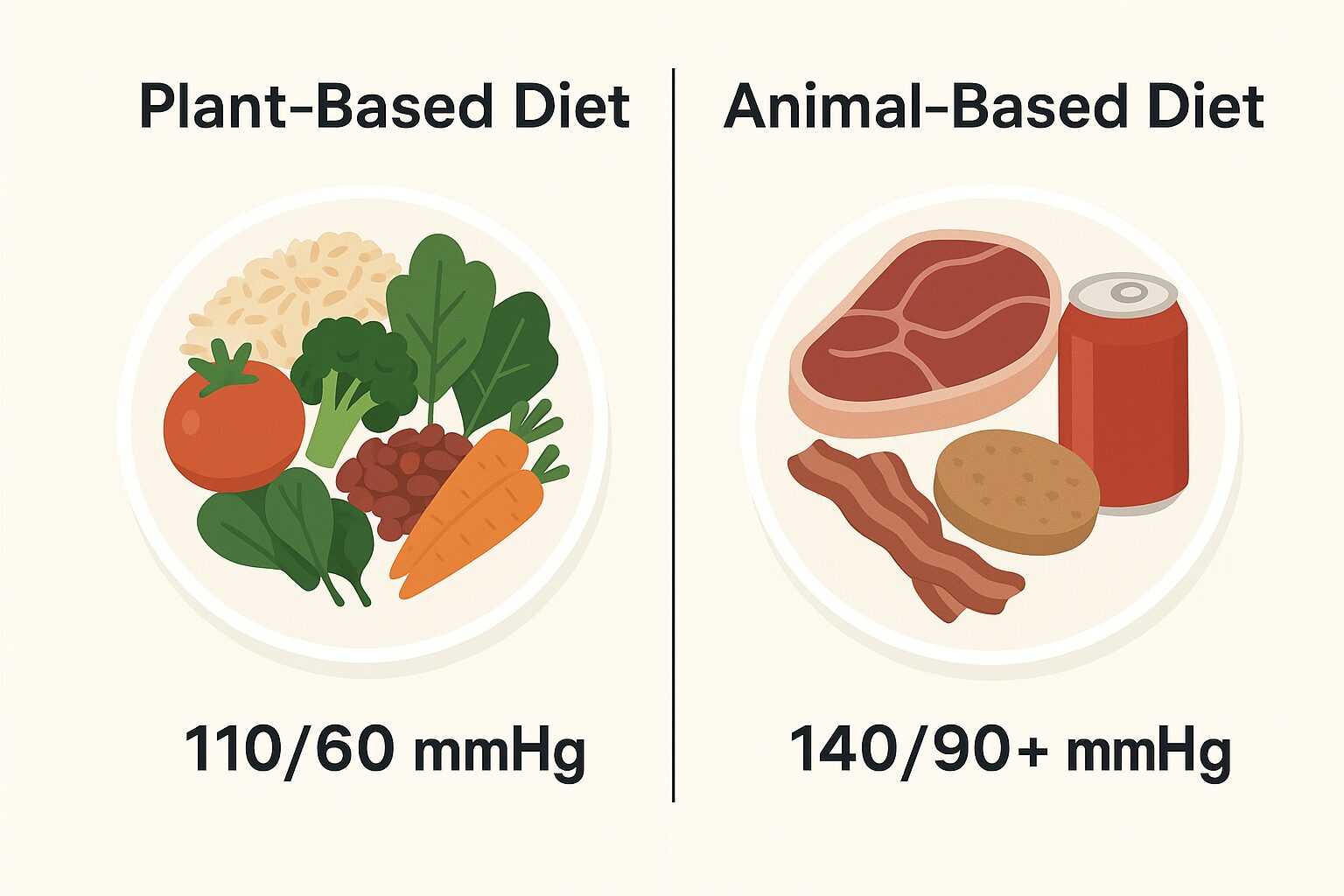
In long-term studies comparing dietary patterns,
🍃Plant-based eaters (whole grains, legumes, leafy greens, fruits, veggies)
→ Maintained healthy blood pressure of ~110/60 mmHg, even after 60 years of age.
🍂Animal-based eaters (meat, dairy, processed foods)
→ Showed a steady rise in BP with age, often exceeding 140/90 mmHg
Where is it going wrong:
In all my years of experience, one thing I’ve noticed in official dietary guidelines is this, rather than just laying out the actual science and letting people decide for themselves, so-called experts tend to sugarcoat things.
Instead of recommending what’s truly best, they push what they think is ‘realistic’ or ‘easier to follow’ even if it’s not the ideal choice for health.
Take the DASH diet, for example. Recommended by the AHA, ACC, and CDC, it emphasizes fruits, vegetables, and low-fat dairy. But here’s the catch: meat is still on the menu. You’re just supposed to eat “less” of it.
How in the world does that work?
The very foods that contribute to hypertension, meat and animal-based products are still included, just in smaller portions.
It’s like telling someone to smoke “fewer” cigarettes instead of quitting altogether. Would we ever take that advice seriously?
If we truly want to lower blood pressure, we shouldn’t be compromising with half-measures. The science is clear, plant-based diets consistently outperform animal-based ones in preventing and reversing hypertension. It’s time to stop watering down the message and start advocating for what actually works.
Still not convinced? Let’s put it to the test:
Let me show you something most people don’t realize:
If I asked you to guess which has more sodium — chicken, French fries, or chips — you’d probably pick the fries or chips, right?
But surprisingly, it’s the chicken.
Why? Because saltwater is often injected into meat to boost weight and retain moisture.
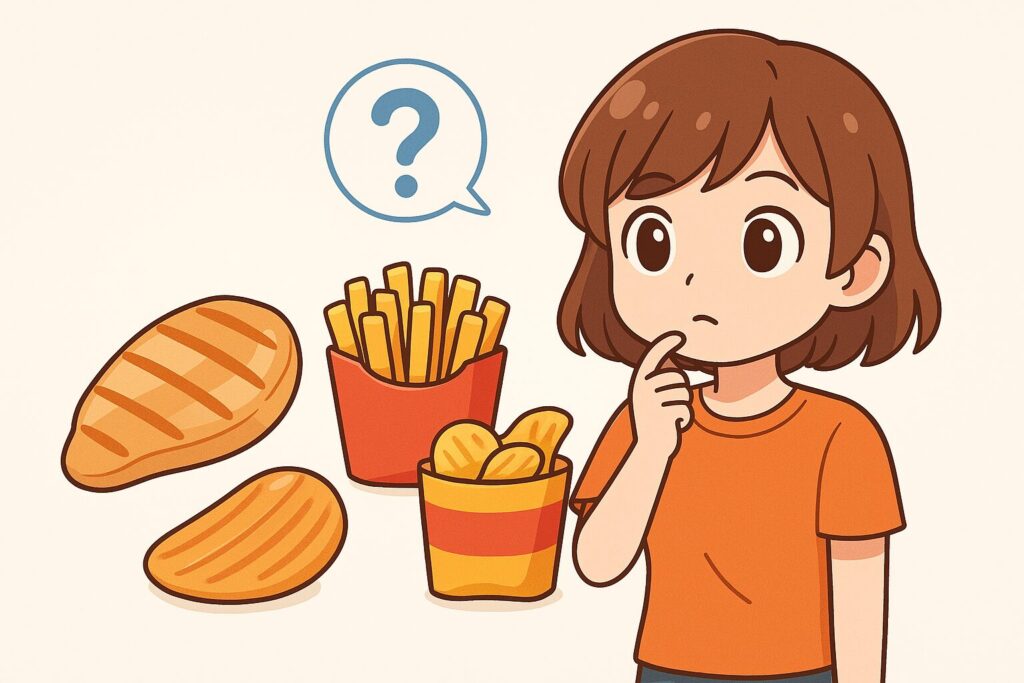
If you think about it, salt isn’t the only issue here.
It stiffens arteries, suppresses detoxifying enzymes, and fuels oxidative stress, setting the stage for hypertension and heart disease.
But it doesn’t work alone cholesterol which is only found in animal-based foods clogs arteries, free sugars from processed foods drive insulin resistance, and together, they create the perfect storm for high blood pressure.
It’s not just about avoiding one ‘bad’ ingredient; it’s about understanding how these foods work against your body over time.
Mechanism: How Plant based diets lower blood pressure-
To put it simply at its core,
A plant-based diet helps lower blood pressure by removing the biggest contributor’s meat, poultry, cheese, and processed foods.
All packed with sodium, cholesterol, and unhealthy fats.
These foods don’t just raise blood pressure; they slowly wear down your arteries, fuel inflammation, and keep your body stuck in a cycle of damage and repair.
I know, cutting out the foods we love sounds brutal.
No one likes being told to give up their favorites.
But here’s the thing: hypertension doesn’t just appear out of nowhere; it’s a direct result of what we put on our plates every day.
And the good news? You don’t have to feel trapped by it. By making small, intentional shifts toward whole, plant-based foods, you can stop this cycle in its tracks and take control of your health without waiting for a wake-up call.
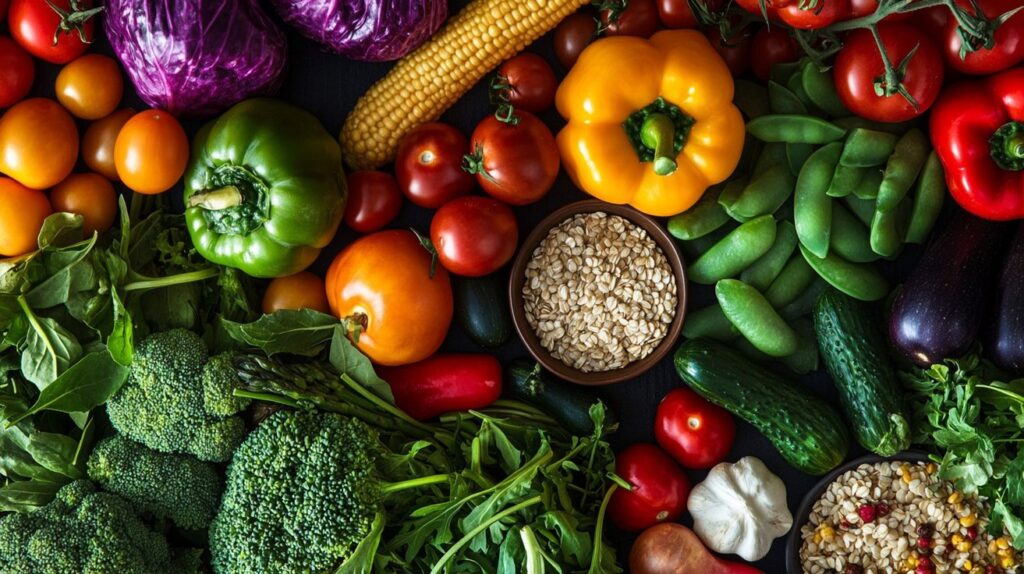
So, what makes plant-based diets so powerful? It’s not just about what’s missing (cholesterol, excess sodium, and processed junk) it’s about what you’re adding in.
🍃Leafy greens, beets, and other plant foods boost nitric oxide, which relaxes your blood vessels and helps blood flow more easily. Think of it like oiling a rusty hinge, it smooths everything out and takes the pressure off.
🍃Fruits, vegetables, and whole grains fight inflammation, which is a sneaky driver of high blood pressure that most people don’t even realize is happening inside their bodies.
🍃No cholesterol because let’s be real, the only place you find cholesterol is in animal-based foods. Cut those out, and your arteries stay clear instead of clogging up. Its as simple as that.
🍃Fiber acts like a broom, sweeping out excess fats, sugars, and toxins so your body can function the way it’s supposed to.
🍃Whole, plant-based foods improve insulin sensitivity, meaning they help keep your blood sugar stable instead of fueling insulin resistance (which, by the way, is a huge contributor to high blood pressure).
🍃Antioxidants from fruits, veggies, and legumes neutralize free radicals, which are like tiny wrecking balls that cause oxidative stress and damage your blood vessels over time.
Conclusion-
At the end of the day, this isn’t about perfection it’s about making choices that actually work for your body, not against it.
Start making those swaps, and your blood pressure will thank you for it.
So, if we go by the science, the reality is pretty clear that high blood pressure, in many cases, appears to be a choice.
- Option one: keep eating an artery-clogging diet and watch your Blood pressure rise.
- Option two: switch to foods that actually support your heart and take the pressure off, literally.
The science is clear — plant-based eating helps your body heal, not just survive.
But what should you actually eat? I got you.
👉 Click here to uncover 10 proven foods to lower blood pressure naturally
and how to sneak them into your daily meals (no stress, no weird ingredients, just real food).
The more I learn about plant-based nutrition, the more I realize how much we were never taught about real health. Books like How Not to Die explain it in a way that just makes sense.
Definitely worth a read! If you’re in India, grab it here. For the US, UK, or Canada, check here.
Don’t miss it—hit subscribe, follow along, and let’s take control of our health together!
This post is intended for educational and informational purposes only and is not a substitute for individual medical advice. Every body is unique—please consult with a qualified healthcare provider or registered dietitian before making any significant changes to your diet or lifestyle. You’ve got this, and we’re here to guide you with heart, not hype.
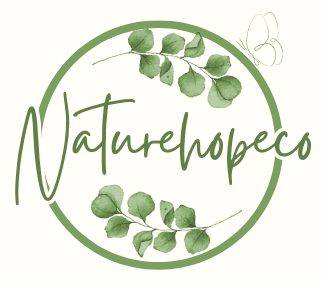
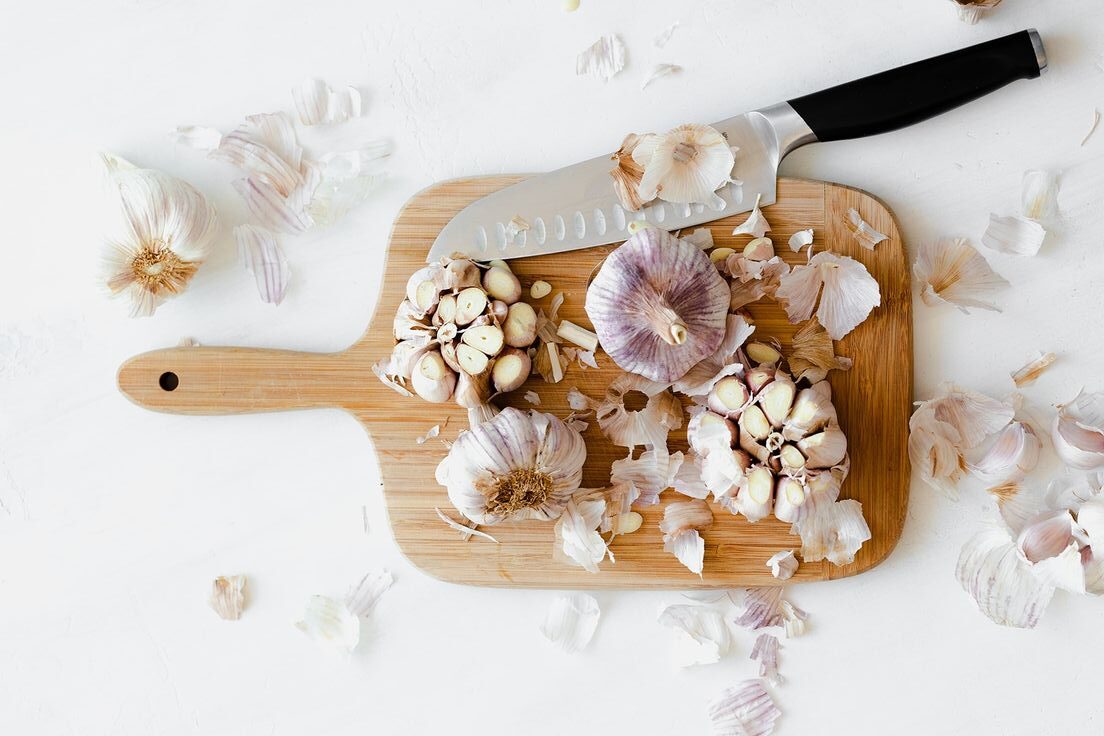
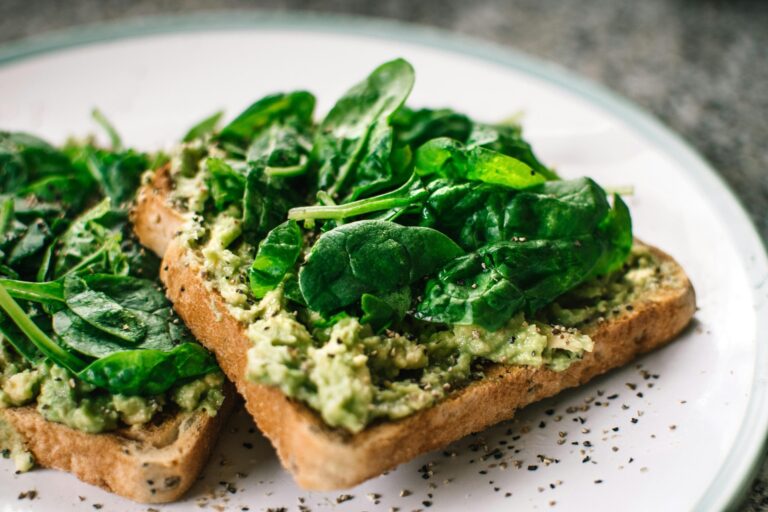
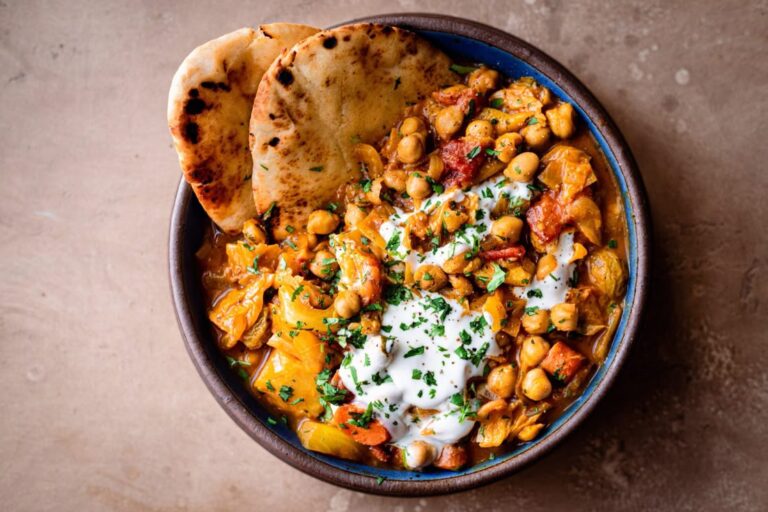
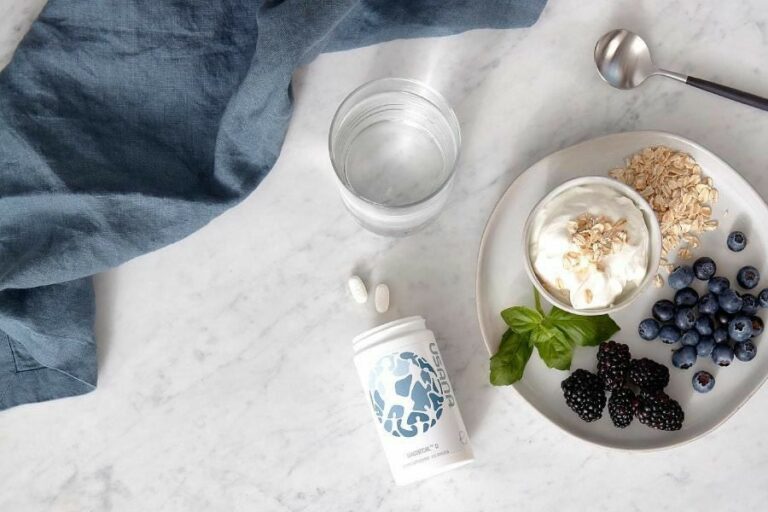
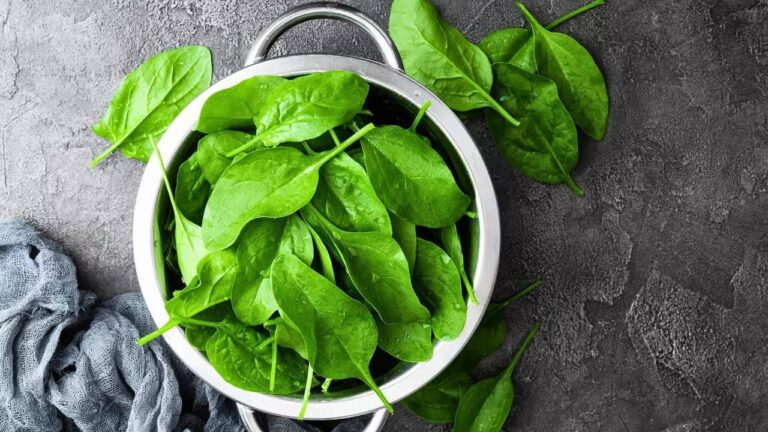
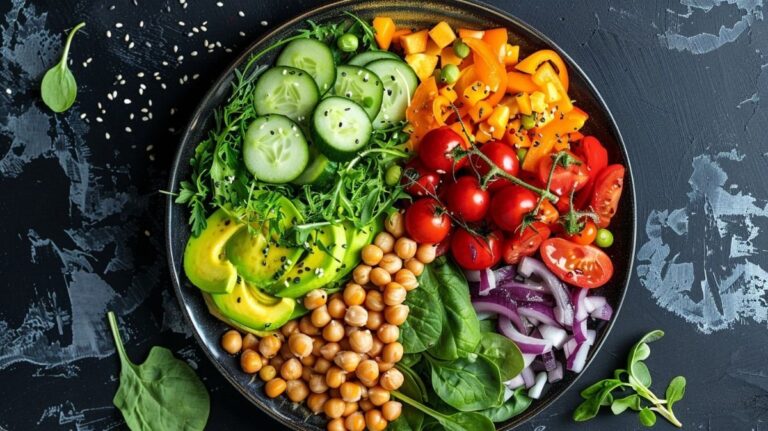
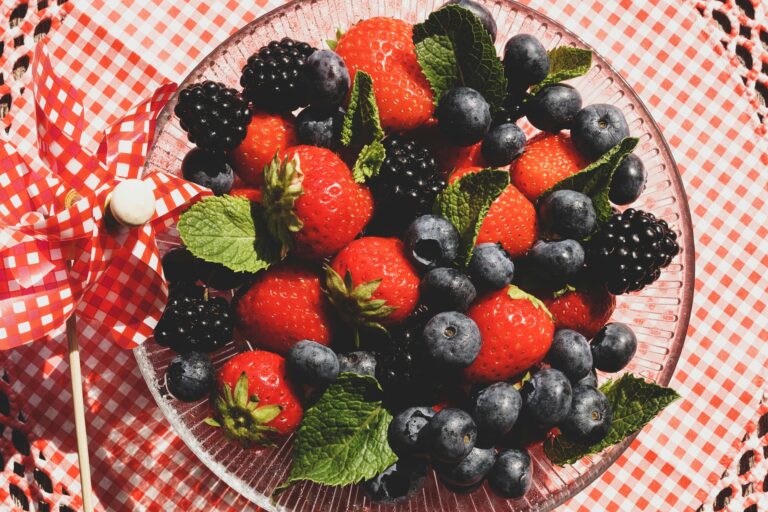
2 Comments
Comments are closed.